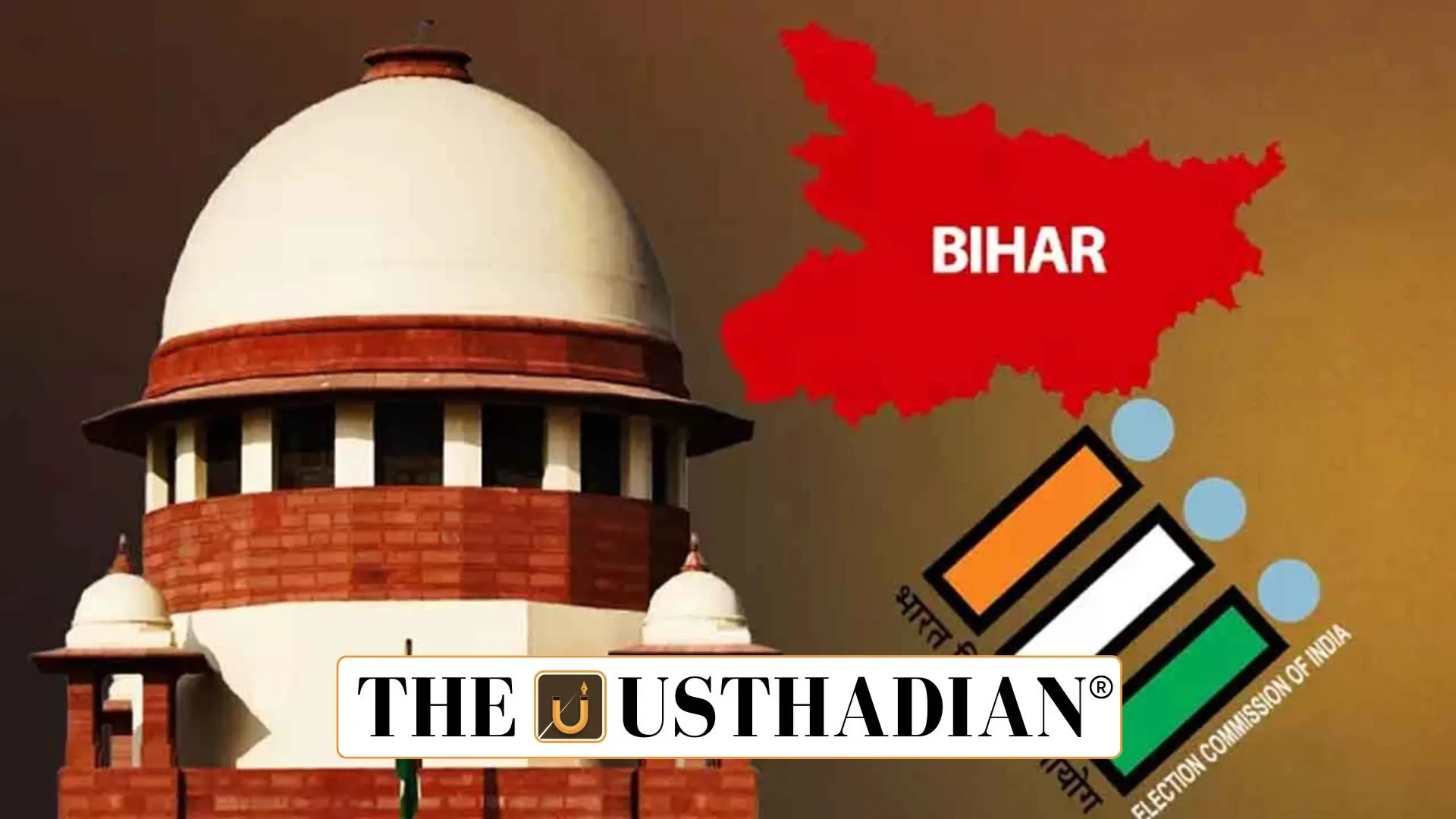What Article 326 Ensures
Article 326 and Bihar Voter Roll Controversy: Article 326 of the Indian Constitution is the legal foundation for universal adult suffrage in India. It grants the right to vote in Lok Sabha and State Legislative Assembly elections to every Indian citizen aged 18 and above.
Voting rights can only be denied on legal grounds such as non-residence, unsoundness of mind, criminal conviction, or corrupt practices. This article ensures that all eligible citizens must be listed in the electoral roll for the election process to be valid.
Static GK fact: Article 326 falls under Part XV of the Constitution which deals with elections.
Why Bihar Is Under Electoral Roll Revision
The Election Commission of India (ECI) has launched a Special Intensive Revision (SIR) of electoral rolls in Bihar ahead of the upcoming state assembly elections. The last major revision took place in 2003, making an update crucial due to shifts in population, migration, and the entry of new voters turning 18.
The ECI aims to remove deceased or duplicate voters, add new eligible voters, and correct inaccuracies in the electoral data. This is being done to ensure free, fair, and fraud-free elections.
Static GK Tip: The Election Commission of India was established on 25th January 1950, celebrated annually as National Voters’ Day.
Role of the Election Commission Under Article 326
The ECI, under its constitutional duty, must ensure that the electoral rolls are accurate and reflect current demographics. It justifies the Bihar revision under Article 326, stating that a robust and updated voter list is vital for democratic integrity.
This includes processes like:
- Identifying and removing ineligible entries
- Including new voters reaching the age of 18
- Ensuring voter data accuracy
Criticism and Legal Pushback
Several opposition parties and activists have raised concerns, calling the revision discriminatory and exclusionary. The major contention is the requirement for documentary proof of parentage and citizenship, where documents like Aadhaar and ration cards are reportedly not accepted.
Critics argue that this could disenfranchise poor, migrant, and marginalised communities, especially given the tight deadlines. They claim this violates the right to vote, one of the most essential democratic rights.
Supreme Court’s Involvement
The matter is now before the Supreme Court of India, with petitions filed to challenge the SIR process. The Court’s verdict will have a lasting impact on:
- How electoral rolls are managed in India
- The standards for voter identification
- The balance between electoral accuracy and democratic inclusion
Static GK fact: The Supreme Court of India, established in 1950, is the highest constitutional court and guardian of fundamental rights.
Static Usthadian Current Affairs Table
| Topic | Detail |
| Article 326 | Ensures universal adult suffrage in Lok Sabha and state elections |
| Voting Age in India | 18 years (since 1989 through 61st Constitutional Amendment) |
| Election Commission | Established on 25 January 1950 |
| Last major Bihar voter roll revision | 2003 |
| Reason for revision | Update rolls for new voters, remove duplicates and errors |
| Criticism of Bihar SIR | Stringent documentation may exclude marginalised groups |
| Key concern | Disenfranchisement due to lack of accepted documents |
| Supreme Court role | To decide legality and inclusiveness of the revision |
| Related legal provision | Part XV of Indian Constitution governs elections |
| National Voters’ Day | Celebrated on January 25 every year |








